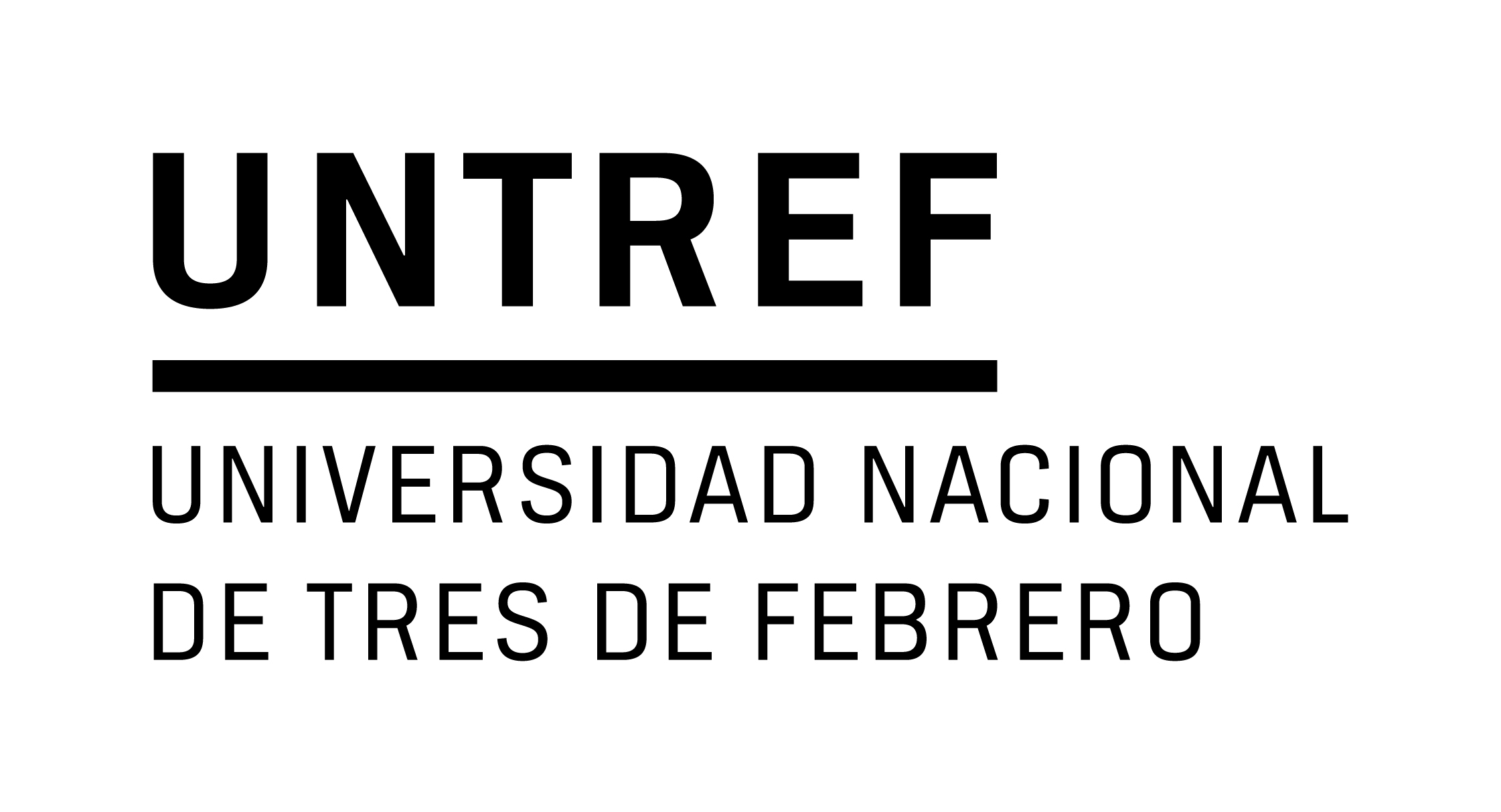Believing this and alieving that : theorizing affect and intuitions in international politics
Por: Holmes, Marcus .
.
Tipo de material:  Artículo Tipo de portador: ImpresoTema(s): POLITICA INTERNACIONAL
Artículo Tipo de portador: ImpresoTema(s): POLITICA INTERNACIONAL| Tipo de ítem | Ubicación actual | Signatura | Info Vol | Estado | Notas | Fecha de vencimiento | Código de barras | Reserva de ítems |
|---|---|---|---|---|---|---|---|---|
| Publicación Periódica | Biblioteca UNTREF - Sede Posgrados | H327/QUA (Navegar estantería) | Vol. 59, no. 4 (dic. 2015) | Disponible | CSR | 2.009397 |
Rationalist models of decision making typically follow the general form of desire + belief = action. But determining an actor's beliefs and desires often proves challenging. One set of theories turns to psychology - and in particular emotions - to uncover how emotions help to shape and strengthen beliefs. Some of this work establishes a fit between emotions and the rationalist paradigm. It holds that emotions account for more than irrational behaviors; they also serve as a source of rational belief. Feeling, it claims, is believing. I argue that if actors belive in the reasonability of their feelings, then this move is warranted. But a range of behavior defies this logic. Instead, I suggest that actors often find themselves torn between contradictory affective intuitions, on the one hand, and rational beliefs, on the other. In consequence, they hold rational beliefs, but their resulting behavior qualifies as irrational. I apply existing work on the distinction between belief and alief to make sense of this phenomenon. I illustrate my claims through a rereading of the security dilemma - where irrational intuitions, in conjunction with rational beliefs, fuel conflict.
